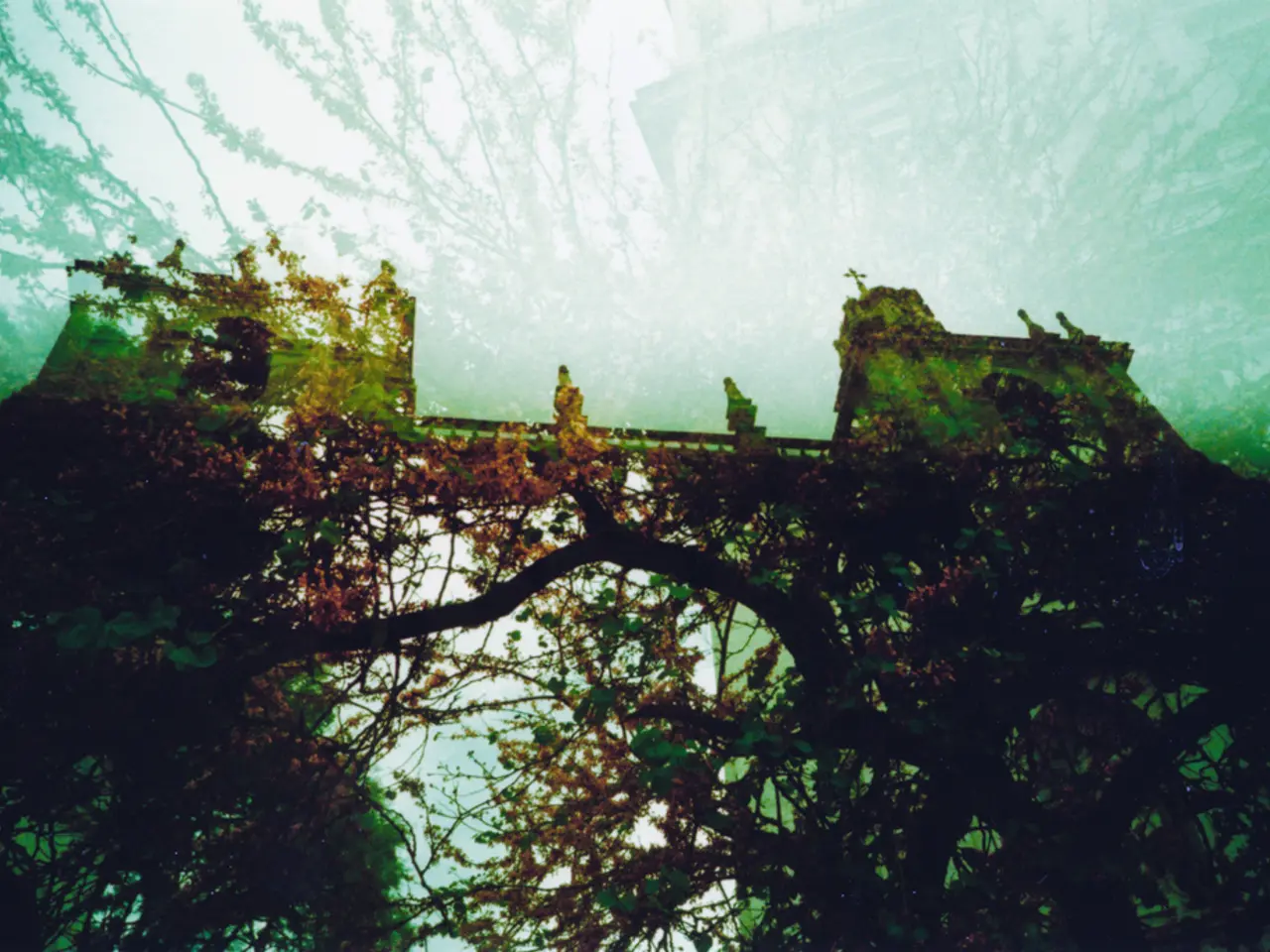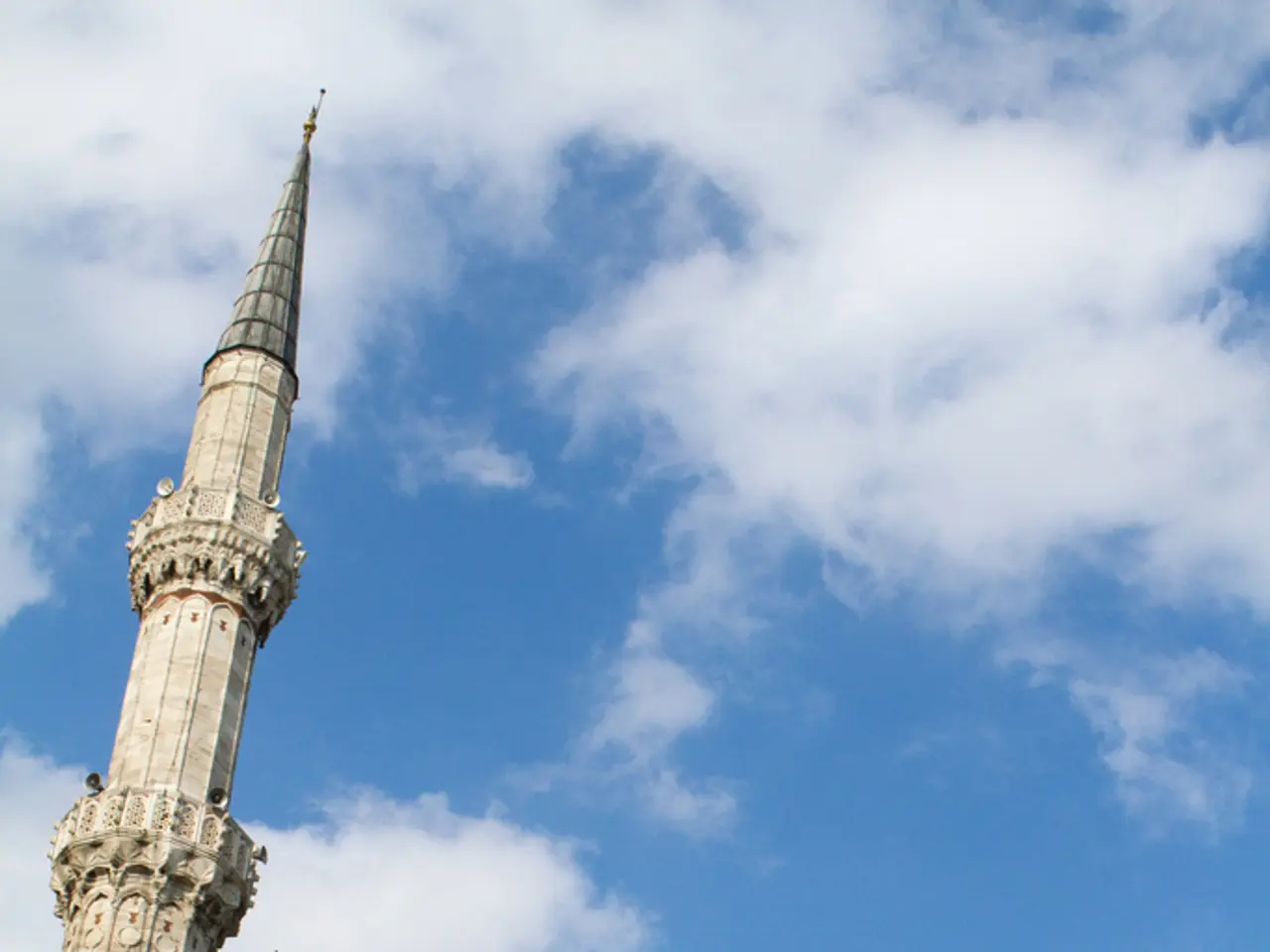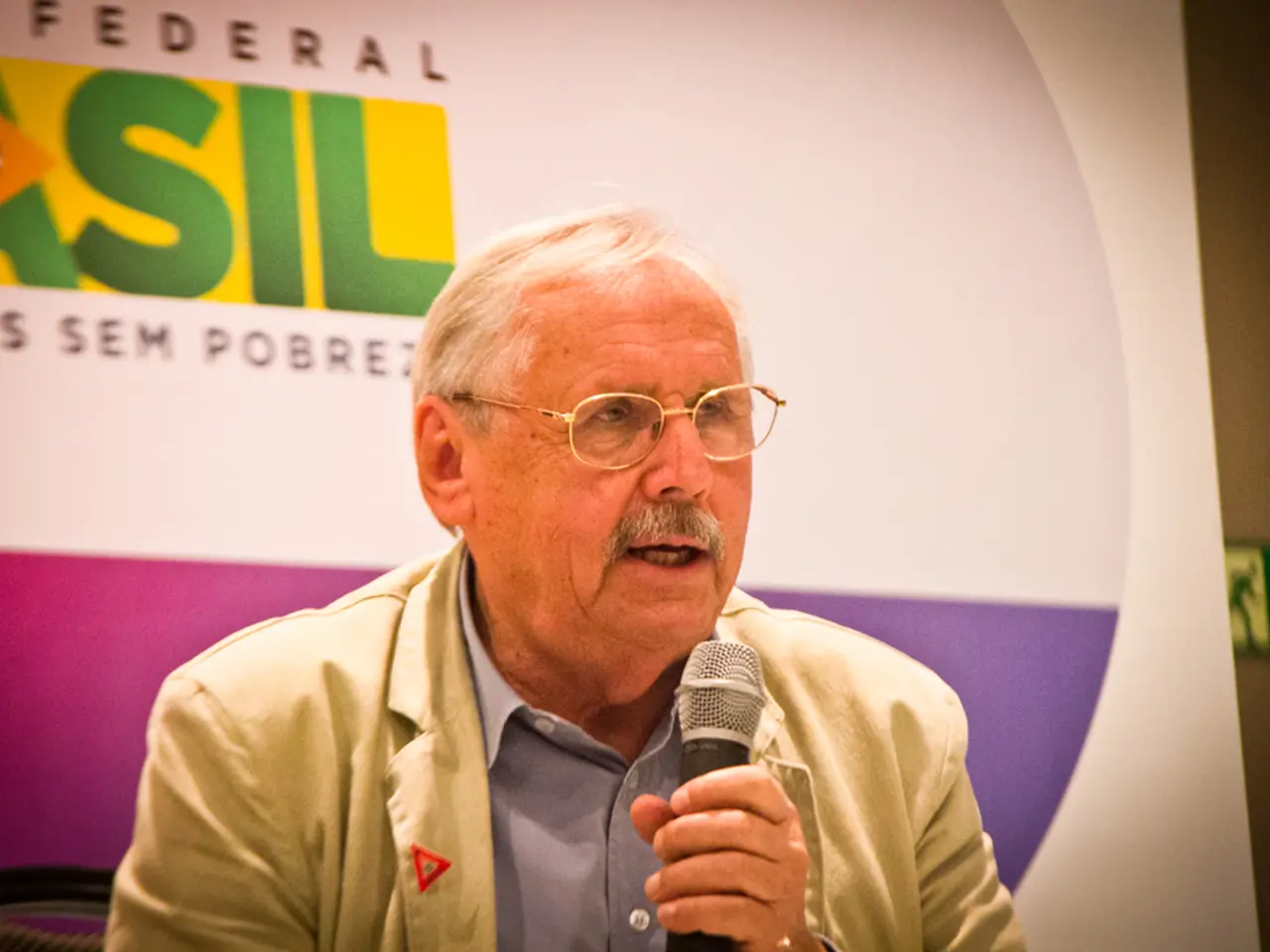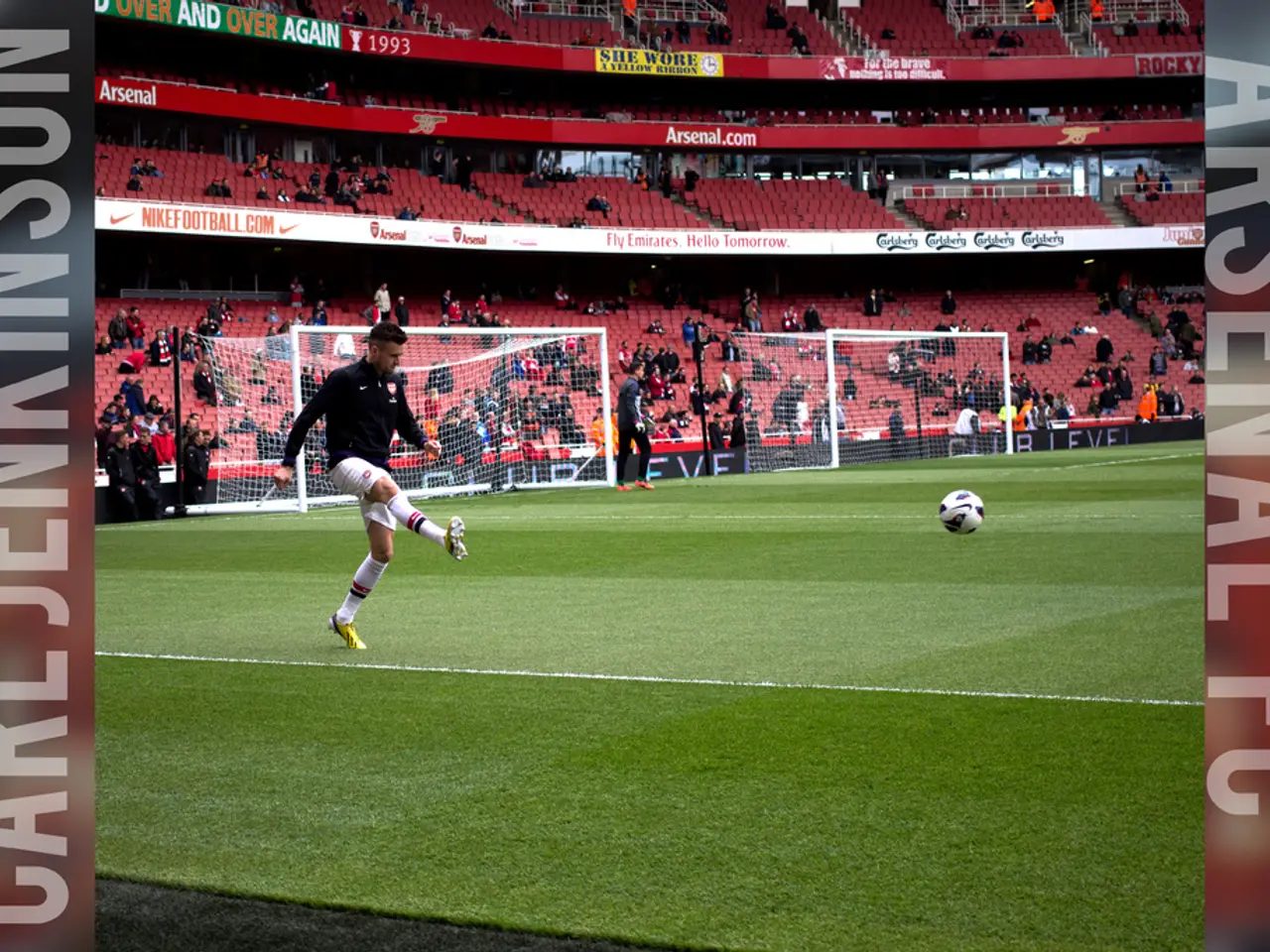Construction Site Catastrophe in Nuremberg, Germany: Unforeseen Mishap Unfolds
Unleashing the Chaos: Germany's Crumbling Infrastructure Exposed
In a revealing expose on June 13, 2025, the satirical show "Today-Show" took to the skies over Germany's dilapidated highways, highlighting the country's crumbling infrastructure. Reporters Fabian Köster and Lutz van der Horst embarked on a wild ride in an animated flying taxi, allegedly a gift from Bavarian space minister Dorothee Bär, before finding themselves stuck in a traffic jam with frustrated drivers.
The duo dived deep into the labyrinth of German bureaucracy during the show, scrutinizing various projects mercilessly. Notably, they visited the mammoth Nuremberg "Hafenbrücken project," where three bridges from the 1970s were meticulously demolished and rebuilt.
A never-ending dance: Delays in Nuremberg's Hafenbrücken project
The groundbreaking for the colossal Nuremberg project took place on December 1, 2022, at the harbor, with a budget of around 347.5 million euros. Original plans aimed for demolition to commence in 2019, but a series of unexpected events derailed the timeline. Former project manager Bernhard Homering met with the TV team, explaining that numerous issues—such as the introduction of a new regulation that necessitated the completion of a new report—caused the delays.
"Things like these come up unexpectantly, keeping us entangled in endless loops," Homering lamented. He also claimed that the project approval decision for the "Hafenbrücken project" was a whopping 200 pages long. Fabian Köster, one of the reporters, read from it, emphasizing the importance of preserving and restoring skylarks and nightingales' habitats during the bridge reconstruction process.
Before the project, red wood ants were relocated to Fürth, as revealed by current project manager Kristina Kellenberger. However, their new home in Fürth doesn't seem to be flourishing, as Köster cheekily pointed out. Additionally, bat quarters were installed near the construction site, with replacement quarters provided upon the demolition of their living space.
A tangled web: ecological matters and bridge construction
In mid-April, the city of Nuremberg announced a delay in the demolition of the Frankenschnellweg bridge. Demolition is being performed incrementally, with the western side—closed since December 2024—expected to be complete by May 2026. Köster, ever the diligent journalist, also read excerpts from the plan approval decision for the replacement bridge over the Main-Danube Canal, lounging comfortably in an armchair on the closed A73.
Despite the myriad challenges, the Nuremberg harbor bridges project continues, serving as a stark testament to the intricacies and complexities inherent in large-scale infrastructure projects. Stay tuned for more insights on Germany's unfolding infrastructure saga!
[1] Medieval Nuremberg, date unknown, [Online]. Available: https://www.nuremberg.de/media/medialibrary/2020/03/09/deutschlandradiokultur/nuremberg-medieval-city/intro_english.mp3[2] History of the Waterways in Nuremberg, date unknown, [Online]. Available: https://www.nuer-waw-en.de/history[3] Ecological considerations in modern canal projects, date unknown, [Online]. Available: https://www.ecollocale.org/ecological-design/ecological-considerations-in-modern-canal-projects[4] Germany's Infrastructure Projects, 2025, [Online]. Available: https://www.germanytoday.info/germany-infrastructure-projects
- The Nuremberg Hafenbrücken project, initially slated for demolition and reconstruction in 2019, has been plagued by numerous delays due to the introduction of new regulations, necessitating the completion of additional reports, as stated by former project manager Bernhard Homering.
- In the midst of the colossal Hafenbrücken project, environmental concerns have surfaced, with an emphasis on preserving and restoring skylarks and nightingales' habitats during the bridge reconstruction process, as Fabian Köster read from the project's 200-page approval decision.
- Project difficulties extend beyond schedule delays, as reported by Köster, with the relocation of red wood ants from the demolition site to Fürth encountering difficulties and the bat quarters near the construction site requiring replacement upon the demolition of their living space.
- As the Nuremberg harbor bridges project continues, it serves as a tangible example of the intricate web of ecological matters, politics, policy-and-legislation, and social-media discussions that often accompany large-scale infrastructure projects, such as migration concerns and entertainment surrounding the project's progress.






